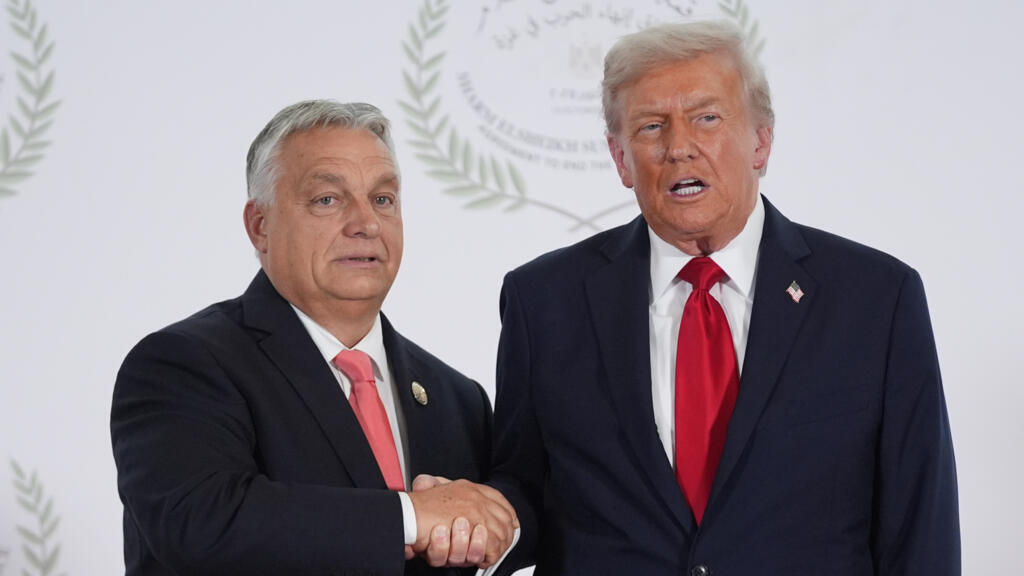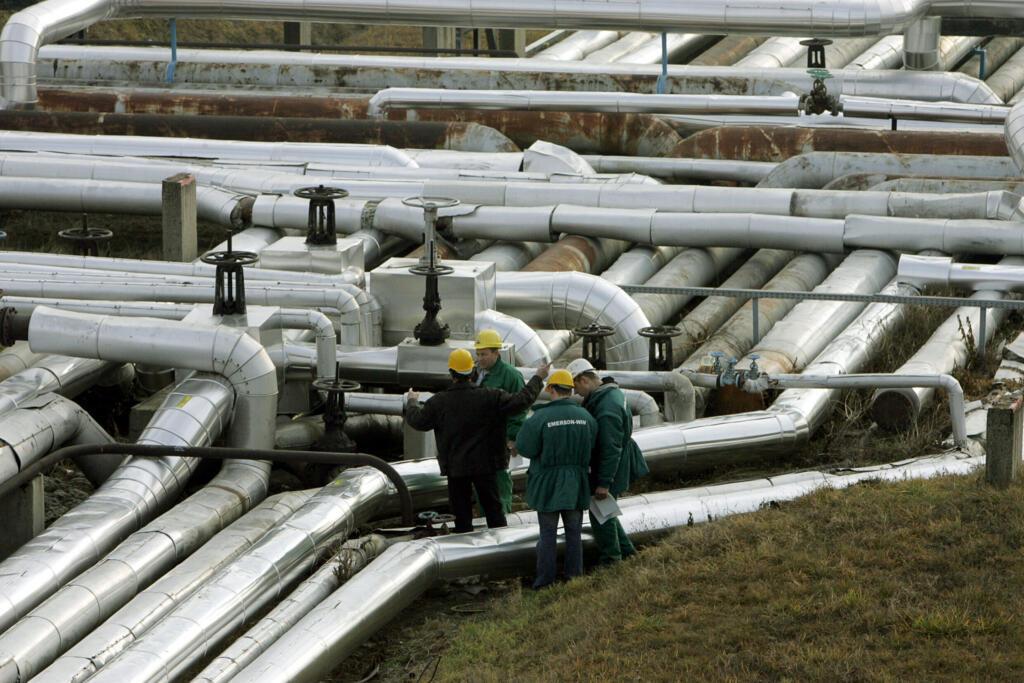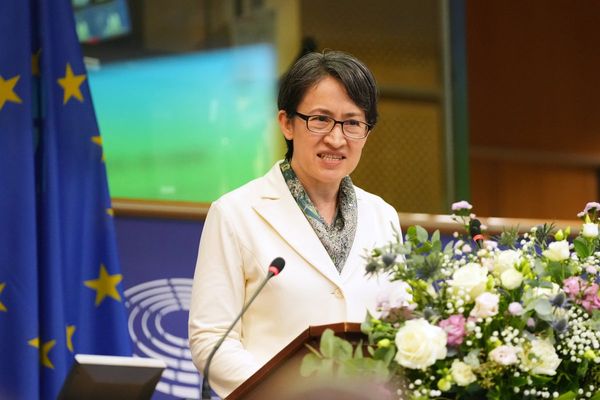
Hungarian Prime Minister Viktor Orban is set to visit the White House on Friday, where he will meet US President Donald Trump for a high-stakes discussion centred on Hungary’s reliance on Russian energy and the effect of new US sanctions targeting Russian oil.
The meeting comes as Orban is seeking an exemption from these sanctions, with Hungarian officials warning that their economy could face severe disruption if forced to cut off Russian imports abruptly.
Hungary stands out in the European Union and NATO for having made little progress in reducing its dependency on Russian oil and gas since Russia's February 2022 invasion of Ukraine.
US officials, particularly ambassador to NATO Matt Whitaker, have highlighted Hungary’s lack of planning and active steps to address this in comparison with its neighbours, and have promised US assistance with energy diversification.
What can Europe learn from Orban's victory in Hungary's elections?
Orban’s delegation is expected to push for concrete assurances in Washington, including a possible exemption for Russian oil, as well as opportunities for US-Hungary energy and economic cooperation.
However, this request faces significant hurdles.
President Trump has publicly acknowledged Orban’s ask, but has offered no promises, stressing that sanctions are part of a wider NATO effort to curtail the Kremlin’s war machine.
Druzhba pipeline: dependence, diplomacy and the end of Russian leverage in Europe
Weakened leverage
With US and EU pressure mounting, Orban’s government has explored alternatives to Russian gas.
Hungary has already reserved capacity at the Croatian Krk LNG terminal, which imports liquefied natural gas (LNG) from the US, Qatar and other suppliers.
Expansion of pipeline connections between Croatia and Hungary could replace a significant share of Russian energy, but would require both major investment and a shift in Budapest’s current approach, as US LNG is more expensive and current infrastructure is limited.

The Atlantic Council think tank, analysing the diplomatic landscape ahead of the summit, notes that Trump “could do something unexpected and, ultimately, to the advantage of his own agenda: demand Orban stop being an obstacle to Ukraine’s European Union accession efforts".
Pipeline dispute shows Central Europe’s struggle to cut ties with Russian oil
The Council points out that Orban’s leverage has been weakened following the cancellation of a planned Budapest summit with both Trump and Putin, and that his insistence on sanction exemptions is a sign of growing vulnerability.
Both sides are expected to discuss a wider strategic partnership, including energy security, investments and defence.
However, differences persist, particularly regarding Budapest’s approach to Russia and Ukraine. Orban maintains opposition to EU support for Kyiv, arguing it endangers Hungarian interests, while Trump’s administration is pushing for a united response to Russia’s aggression.
(with newswires)







